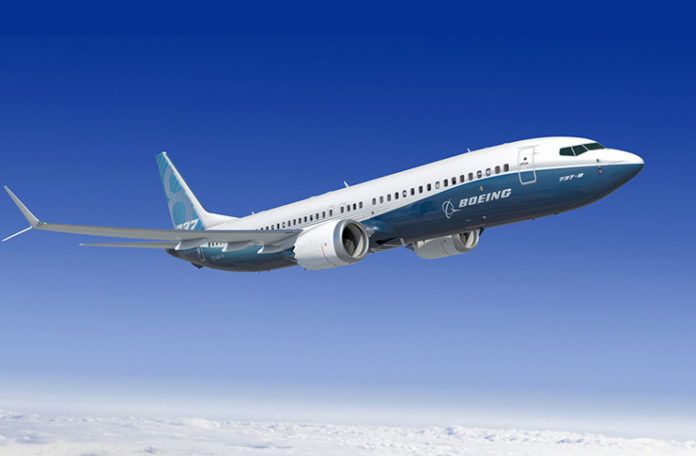
TravelingForMiles.com may receive commission from card issuers. Some or all of the card offers that appear on TravelingForMiles.com are from advertisers and may impact how and where card products appear on the site. TravelingForMiles.com does not include all card companies or all available card offers.
Some links to products and travel providers on this website will earn Traveling For Miles a commission that helps contribute to the running of the site – I’m very grateful to anyone who uses these links but their use is entirely optional. The compensation does not impact how and where products appear on this site and does not impact reviews that are published. For more details please see the advertising disclosure found at the bottom of every page.
The BBC’s Panorama is well known (at least in the UK) for its investigative reporting and exposés and now it looks as if its journalists have turned their attention to Boeing and its disastrous 737 MAX aircraft.
In an episode of Panorama which will air in the UK tonight (29 July 2019) at 20:30, a former Boeing engineer tells journalists that the 737 MAX production line was poorly funded, that the teams working on the aircraft were under continual pressure to keep costs down and that the FAA was deliberately kept in the dark on certain matters.
Adam Dickson was a Boeing employee for 30 years and headed up a team of engineers who worked on the production of the 737 MAX. Comments attributed to him and released by the BBC this morning don’t paint the picture Boeing would like us to see.
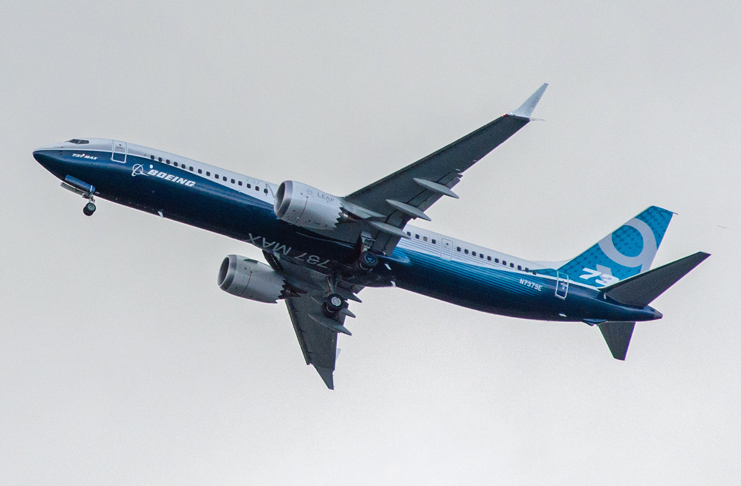
While Boeing continues to claim that no corners were cut and no expense spared as it looked to make the 737 MAX “one of the safest aircraft ever to fly” Dickson has the following to say:
“Certainly what I saw was a lack of sufficient resources to do the job in its entirety”
“The culture was very cost centred, incredibly pressurised. Engineers were given targets to get certain amount of cost out of the aeroplane.”
According to the BBC, the program tonight will show Dickson claim that Boeing pressurized engineers into downplaying any new features the 737 MAX had as minor changes (to the original 737 design) would be less likely to draw scrutiny from the US regulator, the Federal Aviation Administration (FAA).
Dixon is quoted as saying:
“The goal was to show that those differences were so similar to the previous design that it would not require a major design classification in the certification process. There was a lot of interest and pressure on the certification and analysis engineers in particular, to look at any changes to the Max as minor changes.”
Boeing has been given an opportunity to respond and, unsurprisingly, has denied the allegations:
“We did not cut corners or push the 737 Max out before it was ready”
“We have always held true to our values of safety, quality and integrity and those values are complementary and mutually reinforcing with productivity and company performance.”
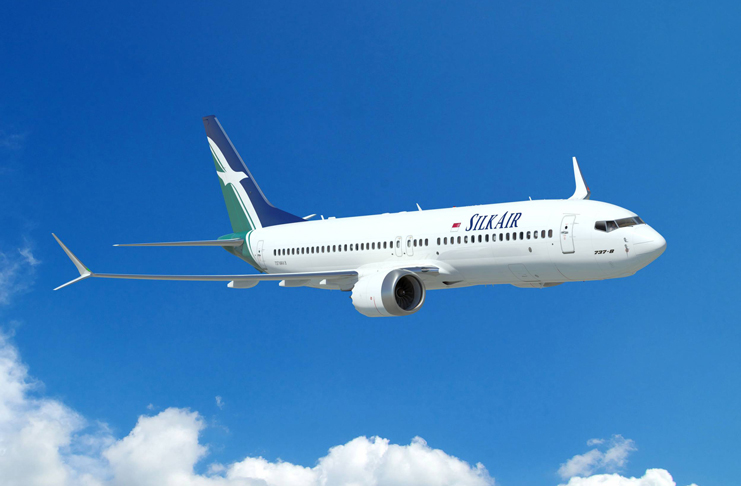
Thoughts
I’m writing this ahead of the program airing so I’m relying on the BBC to have reported the contents accurately and, as long as that’s the case, this looks like another embarrassing blow for Boeing.
While it will be interesting to see what Adam Dickson’s relationship with Boeing is like and under what circumstances he left the corporation before judgment is passed on his testimony (is he a disgruntled employee looking to hurt his former employer?), what Dickson is apparently saying ties in with a lot of what we know about the 737 MAX project already.
We know that Boeing was very keen to portray the 737 MAX as just another 737 variant so that it could minimize the amount of certification work required and so that it could sell the aircraft as a cheap upgrade to its customers.
The lack of any major differences between the MAX and the 737s that a lot of airlines have been flying for decades means that airlines don’t have to spend as much on costly pilot training, and that fact goes a long way to explaining why Boeing chose not to mention the presence of its all-new 737 MAX control system (MCAS) which had to be installed to make the aircraft flyable.
We also know that Boeing chose to cut costs during the production of the 737 MAX in a number of ways:
- The 737 MAX only came with the MCAS system hooked up to one of the two nose cone sensors and it is highly likely that it was a failure of this one sensor that led to the two catastrophic crashes we’ve seen in the past 10 months.
- Boeing chose not to install a system in the 737 MAX which checks the readings from both sensors and alerts the crew if one sensor is showing a significantly different reading to the other prior to taking off.
- Boeing chose to make key safety components of the 737 MAX optional extras and sold them at additional cost.
These are all things that have come to light in the past few months and what Adam Dickson tells the Panorama program appears to confirm what a lot of people have been saying for some time – Boeing tried to rush the 737 to market on the cheap (MCAS was installed as a workaround to solve the problem of the MAX’s inherently unstable design), it deliberately played down information given to the FAA (who were already apparently too underfunded to be able to certify the aircraft without Boeing’s help) and withheld key facts about the aircraft’s systems from airlines and pilots.
The whole project looks more like a botched job the longer this scandal carries on.
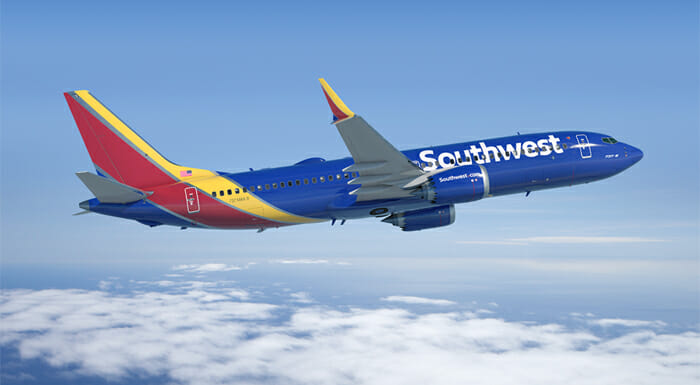
Bottom Line
Boeing can keep parroting the line that it did everything possible to make the 737 MAX as safe an aircraft as possible, but the facts appear to disagree.
What Boeing actually appears to have done is to build an unstable aircraft which requires an incredibly complicated control system just to keep it in the air, fail to put appropriate safeguards in place to ensure that system is as break-proof as possible, claim that the aircraft is essentially no different to the existing 737 and then fail to tell anyone about the new control system.
The only question really left to ask is how do any of Boeing’s board still have jobs?

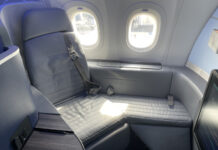

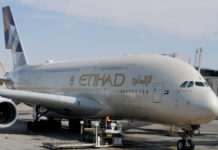
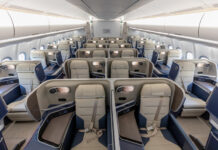



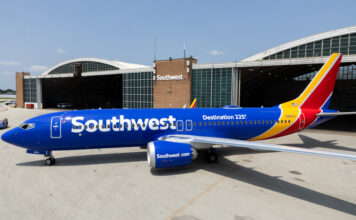

![Buy up to 210,000 Marriott Bonvoy points from 0.89 cents each [Targeted] a pool with a building and trees in the background](https://travelingformiles.com/wp-content/uploads/2021/10/JW-Marriott-Khao-Lak-Resort-Thailand-741-356x220.jpg)
![Buy up to 500,000 IHG One Rewards points at just 0.5 cents each [Targeted] a beach with palm trees and chairs and umbrellas](https://travelingformiles.com/wp-content/uploads/2021/10/ihg-intercontinental-bora-bora-741-80x60.jpg)

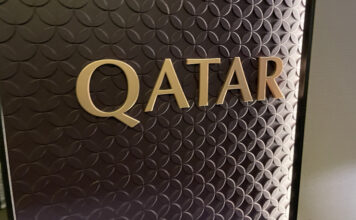



[…] we leave aside the fact that the 737 MAX 8 is an aircraft Boeing apparently built in a hurry, to a very tight budget, without proper regulatory oversight and which has been involved in two apparently avoidable […]
[…] In July a former Boeing engineer revealed that the 737 MAX project was underfunded and that the FAA …. […]